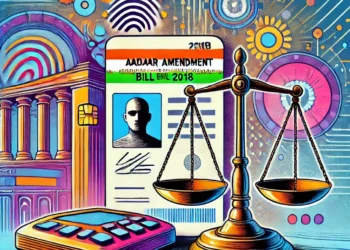Sometime laws/rules are poorly drafted with little clarity, i.e they are vague. Vagueness of such laws/rules can jeopardize the liberty of the individual, as violation of them can lead to imprisonment and or heavy fines. Fortunately, the Supreme Court has dealt with such laws/rules firmly, and declared most of them as unconstitutional. The Shreya Singhal vs Union of India (Writ Petition Criminal No. 167 of 2012) comes very handy as a case in point. As it empowers us with logic and or information to evaluate such laws against the metric “vagueness”. In this case, the petitioner (Shreya Singhal) challenged the validity of the article 66A (of the amended IT Act of 2000) on various factors, and “vagueness” being one such factor. The purpose of this note is to summaries the key arguments used by the SC while evaluating this section (66A) against this metric and its applicability on Clause 9 of the draft “Intermediaries Guidelines” recently issued by GOI for public consultation.
Intermediaries Guidelines (Clause 9)
The clause 9 of the draft intermediaries guidelines is reproduced for ready reference.






